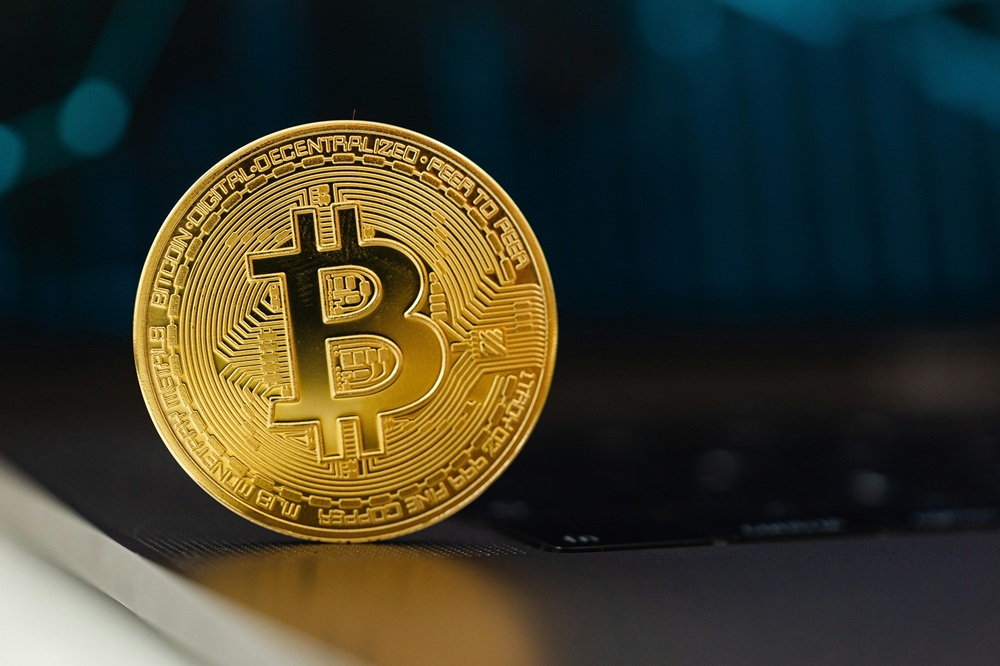
A tiny island in the Caribbean is now sitting on a digital treasure.
Anguilla, a tropical British territory, is known for its coral reefs and white sand beaches. Since the 1990s, however, it’s also been in charge of assigning internet addresses that end in .ai to residents and businesses looking to register websites. It was one of hundreds of country-specific domain names and easy to overlook — until recently.
Stability.ai, Elon Musk’s X.ai and Character.ai are just a few of the hot artificial intelligence startups that have snapped up the .ai domain assigned to the islands and cays that comprise Anguilla. Plenty of tech giants have their own web addresses ending in .ai as well: Google.ai and Facebook.ai route visitors to their company’s AI-focused webpages and Microsoft.ai shows off the company’s Azure AI services.
The total number of registrations of sites ending with these two letters has effectively doubled in the past year to 287,432, according to Vince Cate, who for decades has managed the .ai domain for Anguilla. Cate estimates Anguilla will bring in as much as $30 million in domain-registration fees for 2023. (Government officials did not respond to requests for comment.)
Once one of the many obscure top-level domains assigned to countries and territories, .ai websites experienced a slow but steady increase in demand in recent years. But the sudden spike in .ai domains nine months ago highlights the broader frenzy around artificial intelligence and its ripple effects throughout the global economy. Since ChatGPT launched, a growing number of tech companies have raced to raise billions in capital, scoop up engineering talent and secure powerful but increasingly scarce chips. A domain may sound less essential, but for an industry obsessed with clever branding, the right name can be everything.
“Since November 30, things are very different here,” Cate said, referring to the date when ChatGPT launched publicly.
Cate said he moved to Anguilla from the US in 1994 to work on what he described as an early cryptocurrency payment system and began managing Anguilla’s .ai registrations soon after. While .ai registrations grew for years, they “shot up” in December through March, he said, but have since leveled off.
Overall, the number of existing .ai domains is tiny compared to, say, the number of .com domains registered. That’s closer to 160 million, according to Matt Zook, a professor at the University of Kentucky who has a decades-long research project called ZookNIC that tracks registrations of domain names across the world.
For Anguilla, however, it’s big business. The territory covers roughly 35 square miles between the Caribbean Sea and the Atlantic Ocean and has a population of less than 20,000. Its economy relies largely on tourism, which took a hit during the pandemic. Now it’s seeing a bump in revenue from the heightened demand for .ai domains and a pre-planned increase in the price for such registrations.
The price of a .ai domain can vary, just like a .com or any other kind of domain name, but registrars like GoDaddy or NameCheap must pay Anguilla a fixed price: $140 per two-year .ai domain registration, which rose from $120 in mid-April.
Anguilla brought in $7.4 million from .ai domain registrations in 2021, according to public records, and previously estimated it would receive $8.3 million from domain registrations in 2023. Now Cate estimates Anguilla will bring in between $25 million and $30 million this year.
“We’re blowing past that,” Cate said. “We did not anticipate ChatGPT.”
Even at the low end of that range, $25 million would be close to a quarter of the almost $107 million in recurring revenue the territory expected to bring in throughout 2023, according to a December prediction from Anguilla’s Ministry of Finance. It would also represent a meaningful percentage of the territory’s gross domestic product, which totaled just over $300 million in 2021, according to United Nations data.
Mar Hicks, an associate professor of data science at the University of Virginia and a historian of computing, said the rise in popularity of .ai makes sense given such internet domains have long been associated with US business interests, where the current AI boom is largely centered.
“It just seems to be one more example of how we’re going through an AI gold rush right now,” Hicks said.
Hicks expects to see some .ai cybersquatting, similar to what unfolded in the early days of the dot-com boom in the 1990s where some large companies had to negotiate — or even sue — to get control of their names online. For now, at least, it’s often easier for companies to land .ai domains than the .com version.
Character.AI, which lets anyone create their own customized chatbot, took advantage of this when launching to its earliest users in September 2022. The startup, founded in 2021, snapped up a website address that’s identical to the company’s name. In a statement, co-founder and President Daniel De Freitas said going with the .ai domain name “was the natural choice” for the company.
Over time, Hicks thinks there will be less interest in such domains as enthusiasm surrounding all things AI declines. But even as Cate already sees some signs of demand cooling off, he thinks .ai domain registrations will continue to grow.
“I think we’re in the early days of artificial intelligence, so I think we’re still in the early days of .ai domain names,” Cate said.














